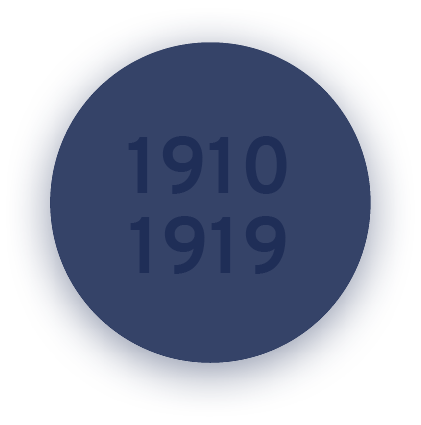


The Foundation Years
The International Council of Nurses was born and raised on the busy intersection of woman’s rights, social progressivism and healthcare reform. The nurses who founded ICN were also deeply engaged in the international women’s movement.
It was the intoxicating mixture of the fight for women’s rights and the development of organised nursing that brought together ICN’s forward thinking founders and gave birth to the world’s first international organisation for health professionals and for women. So whose idea was it? Let’s introduce Ethel Bedford Fenwick.

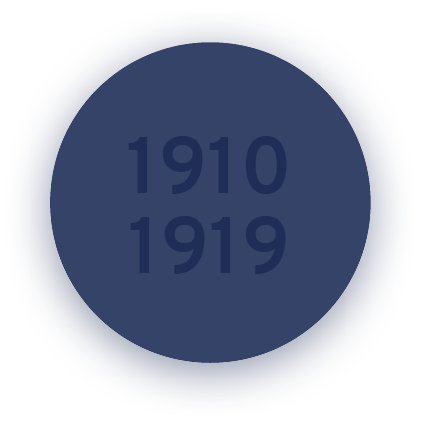
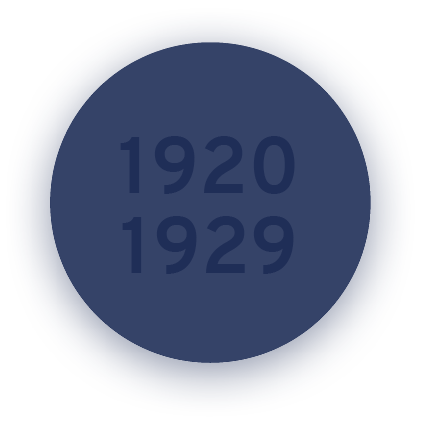


First World War Years
The onset of war brought many challenges. World War 1 broke out in Europe in 1914 and ICN’s activities were disrupted for nearly a decade as war abruptly halted the ICN leader’s innovative initiatives: many nurses had begun to mobilise for the war. ICN’s deliberate neutral stance towards national politics suddenly came under pressure as the war divided citizens and nurses alike on opposite sides of the frontlines. (Boschma & Stuart 1999)
During the war years the work of ICN continued albeit at a slower pace with just one informal business meeting being held in 1915, in San Francisco. The war years heralded in the beginning of opportunities to extend public health nursing to countries where it had previously been unknown. ICN was involved through their member association nurses in offering educational and clinical support to those they served.
Boschma G. and Stuart M. (1999) ICN during wartime: 1912-1947. International Nursing Review, 46(2)41)
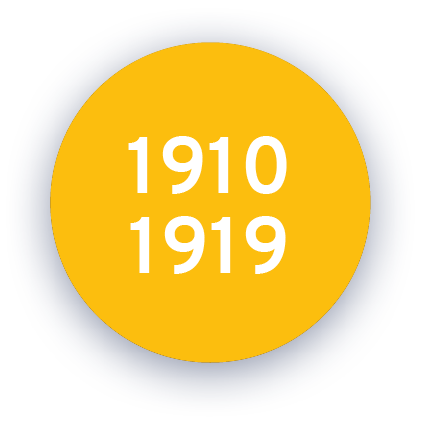
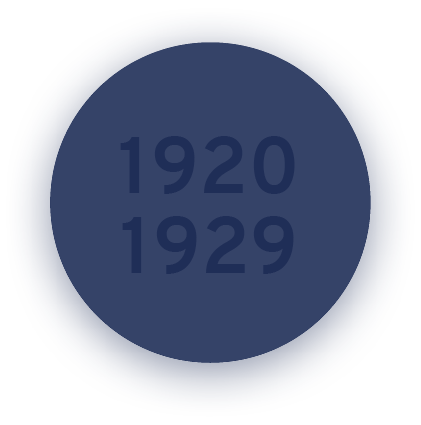



Stronger Together
Following the end of World War One, efforts were made to re-establish contacts among ICN member associations. Meetings held with the American Nurses Association in Atlanta, Georgia, in 1920; in Copenhagen, Denmark, in September 1922; and in Kristiania, Norway, in August 1923 re-kindled its fire. Nurses had suffered during the war years. Sister Agnes Karll, ICN President from 1909–1912, commented on the conditions under which nurses were working:
“The only thing we nurses are trying to do is to endure the hard times, helping our surroundings as far as we can, and hope for better times to come in the future.”
Many European nursing leaders were active in keeping the spirit of ICN alive throughout the hardships of the war. Thankfully, the allegiance of every affiliated nursing association held firm and ICN emerged from the war years intact.



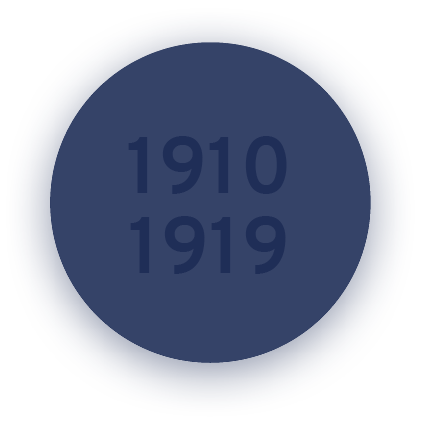

Membership and Curriculum Design
During this decade, ICN received many enquiries about post-graduate or post-basic education. As a result, a study was undertaken which identified nursing curriculum as the main area of concern. In order to broaden its scope, the ICN Education Committee was enlarged to include representatives from the League of Red Cross Societies and the Florence Nightingale International Foundation.
Changes were made to the ‘The Basic Education of the Professional Nurse’ in order to make a clearer distinction between basic and post-graduate nursing education. This work and many other ICN projects were stalled when World War Two broke out in 1939.



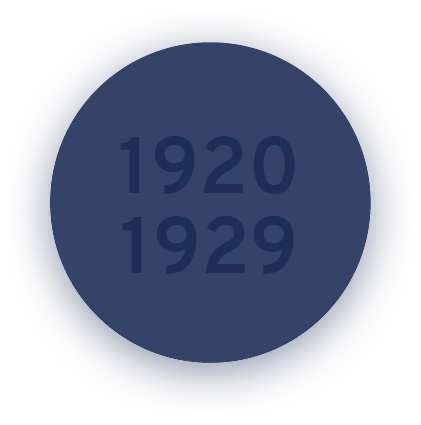
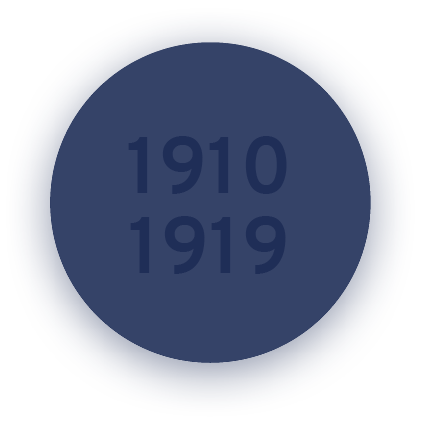
A Decade of Change
The War Years 1940 to 1945 were a challenging time for ICN. From early 1940 until the end of the war, a small ICN executive group managed its affairs. In 1946, nursing in many European countries was at a crossroads as during the war years they had been cut off from the world. That year, ICN Executive Director Anna Schwarzenberg commenced a tour of European countries to view the devastation that had occurred and to meet with ICN national nurses’ associations to offer support. ICN assumed responsibility for nurses displaced during the war years and the Register of these nurses was being maintained.
This decade was a time of relocation and development of international partnerships. In 1940, ICN was was elected into official relationship with the World Health Organization. Responsibilities included ICN nurses’ association members working toward improved patient health in WHO programmes including combating Malaria, Tuberculosis and Venereal Disease and the improvement of Maternal and Child Health. Also of significance to nursing was the appointment of an ICN representative to the United Nations, in June 1947.




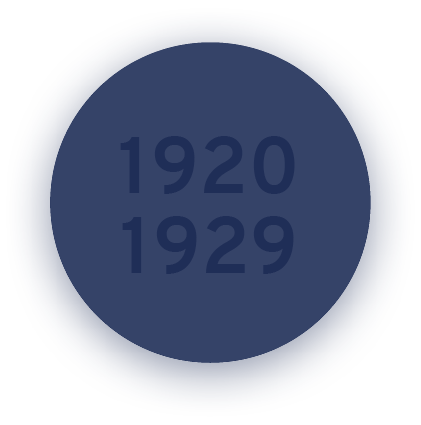
Years of Change
This decade saw ICN assume greater responsibility for nurses displaced during the war years and a register of these nurses was carefully maintained. Increasing numbers of inquiries were received about the professional qualifications of nurses seeking temporary and permanent employment outside their home countries, and the standard of the school where they had received their basic nursing education. ICN sought the assistance and collaboration of NNAs in order to establish the credentials of their members.
ICN’s work continued through country visits and nurse welfare and education seminars. The Southern Rhodesia AGM took place in Bulawayo. The Icelandic Nurses’ Association held its annual meeting in Zurich. Visits were made to the College of Nursing in New Delhi and to Pakistan, Japan, Korea, New Zealand, Australia, the Middle East and ten Latin American countries.





Health Challenges, Education and Welfare
Nurse education had changed over the past 60 years to meet the growing demands of its members in 63 countries and the communities they served. ICN did not set out to define in detail how nurses should be educated, but to advise that nurse education and nursing practice should be based on sound educational principles capable of being applied to nursing under different conditions, levels and contexts. ICN relied on its Education Committee to progress educational theories, principles and models since its inception.
Welfare issues were also of importance during this decade. The work of the ICN Welfare Committee under the guidance of Miss Sheila Quinn, ICN Economic Welfare Officer, continued with visits to Melbourne, Australia to assist in matters relating to the right of negotiation and to economic and welfare matters affecting nurses.
In 1967, the new publication: ICN History 1899-1964-The First 65 years was written by Daisy Bridges, former General Secretary of ICN.





Growing International Influence
The 1970s and 1980s saw a period of rapid growth in ICN’s history due to increase in its overall size, scope and influence, both nationally and internationally. ICN membership changes reflected the fact that nursing is defined differently across cultures, geographic borders and countries.
International focus allowed ICN to expand its global reach, particularly with involvement in health initiatives to improve the delivery of primary care worldwide.





A Decade of Causes
While many of ICN’s focuses from previous decades, such as PHC, education, and maternal and child health, continued through the 1980s, the organisation grew increasingly active in human rights, gender equality, research, socio-economic welfare, and joined the fight against a new disease – AIDS.





Facing up to New Challenges
This decade heralded in ICN’s 90th birthday. During this time, ICN looked at a variety of issues, including the nurses role in health care policy, PHC workshops and socio-economic welfare (SEW) programmes. ICN remained focused on further development of the projects commenced during the previous decade. ICN endeavoured to strengthen its working relationship with UNICEF through supporting its projects in the areas of malnutrition, infant feeding, weaning and women’s education.
This decade illuminates further ICN’s thinking on nurses role in PHC. ICN maintained its commitment to assisting Members in effecting changes in nursing education, practice, leadership and management. A new campaign for this decade was introduced by Amnesty International in seeking support from nurses in membership with ICN in their campaign Torture in the Eighties and Amnesty acknowledged its support for ICN’s Policy Statement on the Role of the Nurse in the Care of Detainees and Prisoners. ICN took part in the first WHO national conference on Women and AIDS. The objectives were to finalise WHO/ICN guidelines for the nursing care of persons with the HIV infection, review a core curriculum model for basic nursing care and make recommendations on the role of nurses in the prevention of HIV infection.





Landmark Publications and Projects
In the 2000s, ICN focused on informing nurses on the latest trends and issues impacting nursing internationally. Publications included: Nursing Care of Older People; Understanding Cross Border Professional Regulation; Telenursing; Telehealth; Implementing Nurse Prescribing; The Changing Union and Community Development: A Guide for Action; Writing for Journals and Guidebook for Nurse Futurists; The Framework of Competencies for the Generalist Nurse; Collaborative Practice in the 21st Century Globalisation and Health Care Reform; Advanced Nursing Practice; The Scope of Practice, Standards and Competencies of the Advanced Practice Nurse; Nursing Care Continuum – Framework and Competencies; The Model Nursing Act Toolkit and Workbook; and ‘The Model Nursing Act Toolkit; Distance Learning; Nursing Workload.’
An important study, the Global Nursing Review Initiative, was undertaken on the nursing shortage, resulting in the publication of a series of papers on the global shortage of registered nursing and touching on topics such as regulation, workforce planning, good employers and migration.





ICN Today... And Tomorrow
In 2019, 120 years after ICN was founded, ICN has aligned nursing with the big global health priorities: Universal Health Coverage, person-centred care, antimicrobial resistance, ageing, immunisation, human resources for health, mental health, non-communicable diseases and the achievement of the Sustainable Development Goals. Nursing and Health Policy is at the centre of what we do, ensuring that nurses have a voice in the development and implementation of health policy and ensuring these policies are effective and meet the real needs of patients, families and communities around the world. And we work to help nurses become leaders in order to influence policy and the local, national and global levels.
On the eve of 2020, ICN the amazing is proud of our long history in the advancement of nurses as we get ready to celebrate the International Year of the Nurse and the Midwife!





International Year of the Nurse
and the Midwife
The World Health Organization has designated 2020 as the International Year of the Nurse and the Midwife in honour of the 200th anniversary of Florence Nightingale’s birth
ICN is bringing the nursing community together by sharing on this platform all events organized by its Members!


